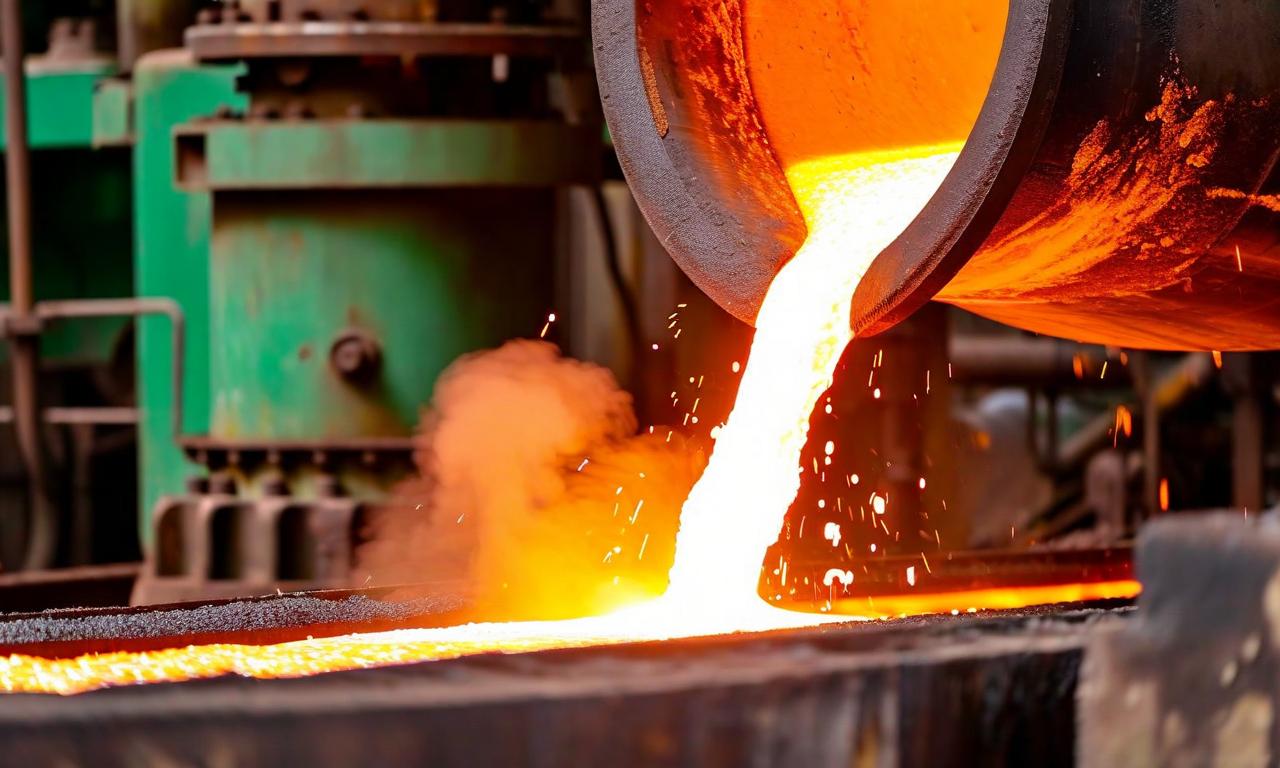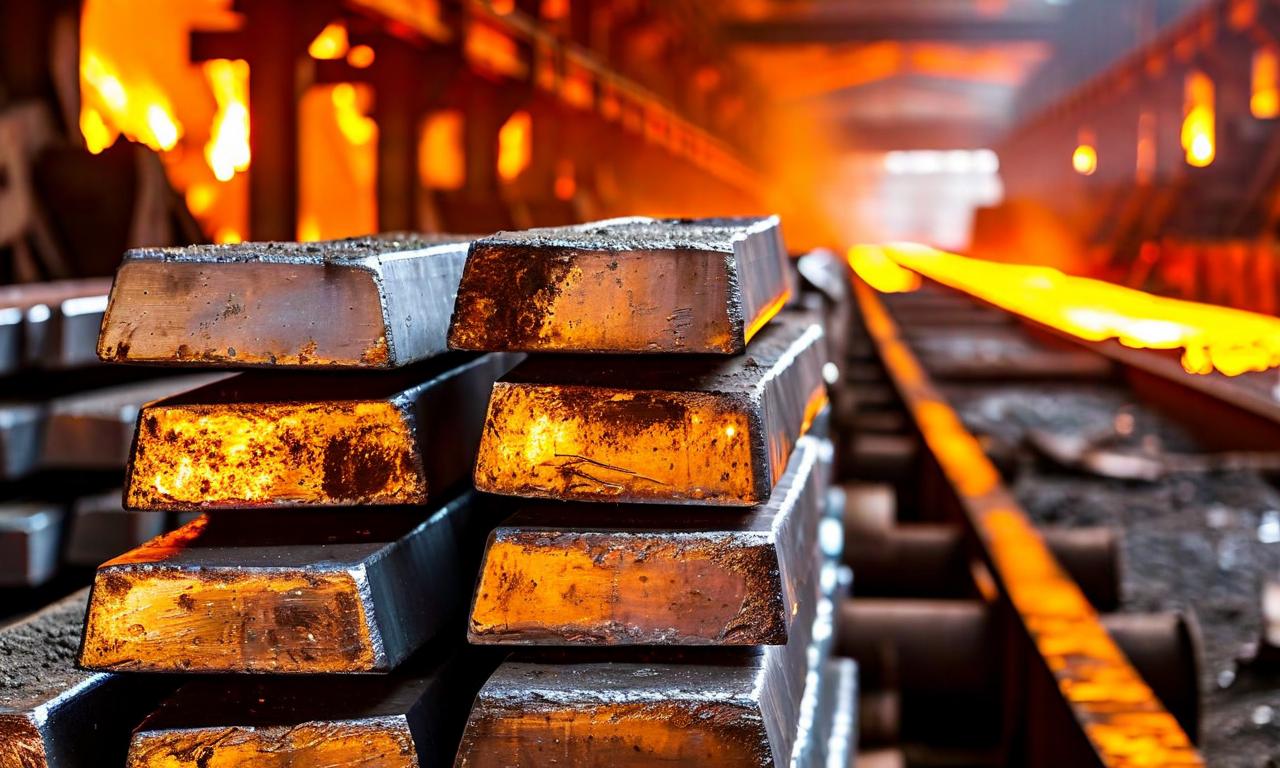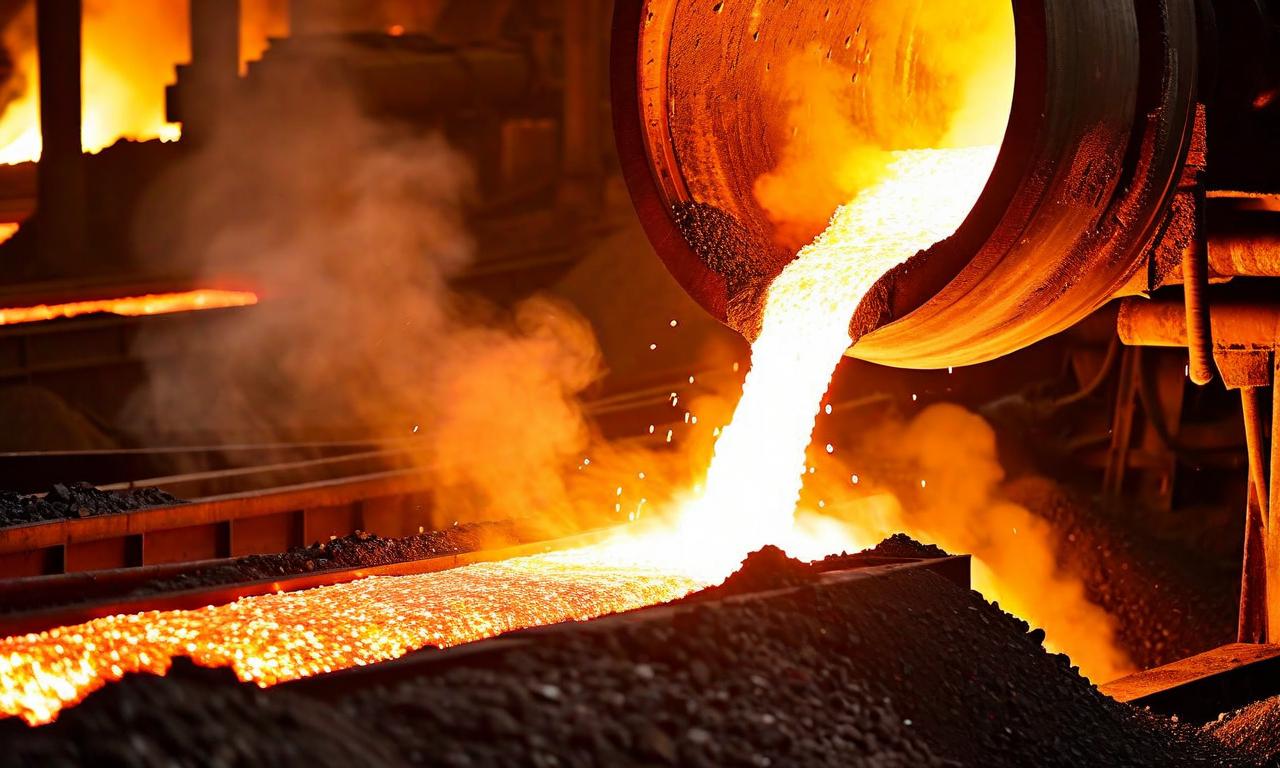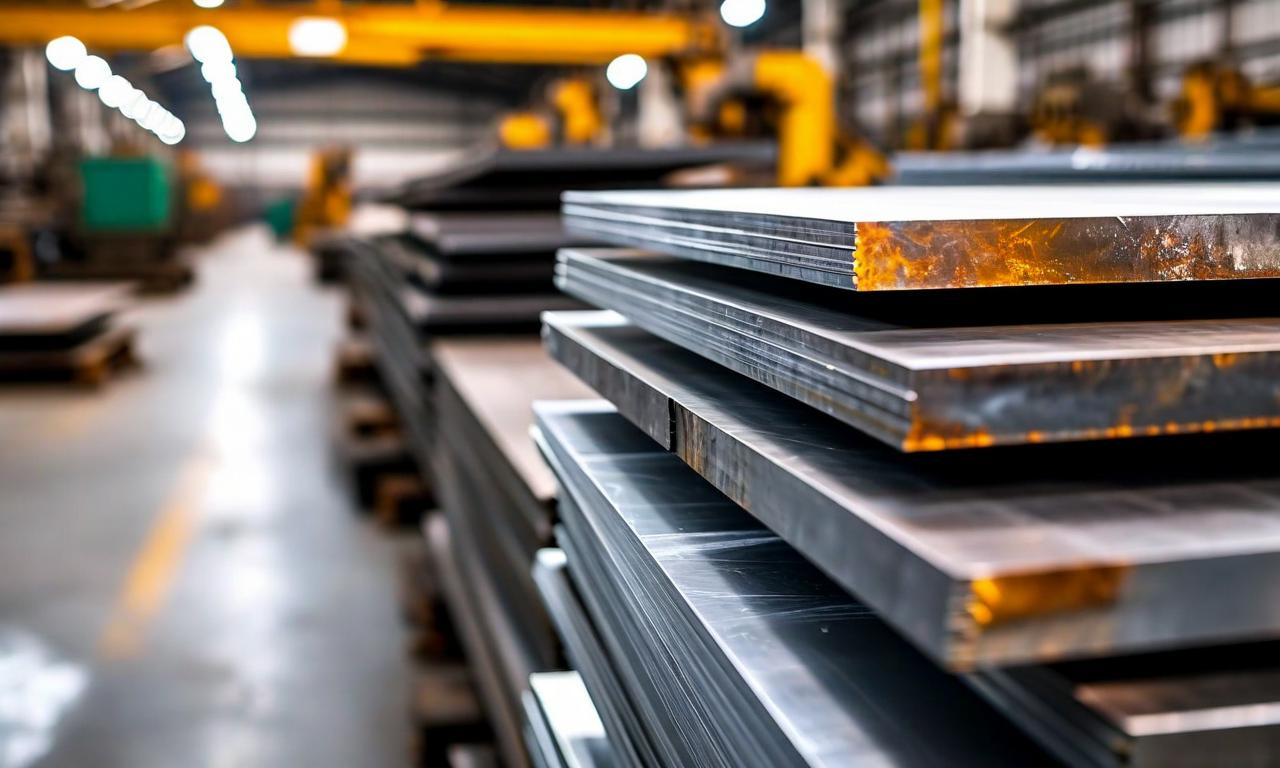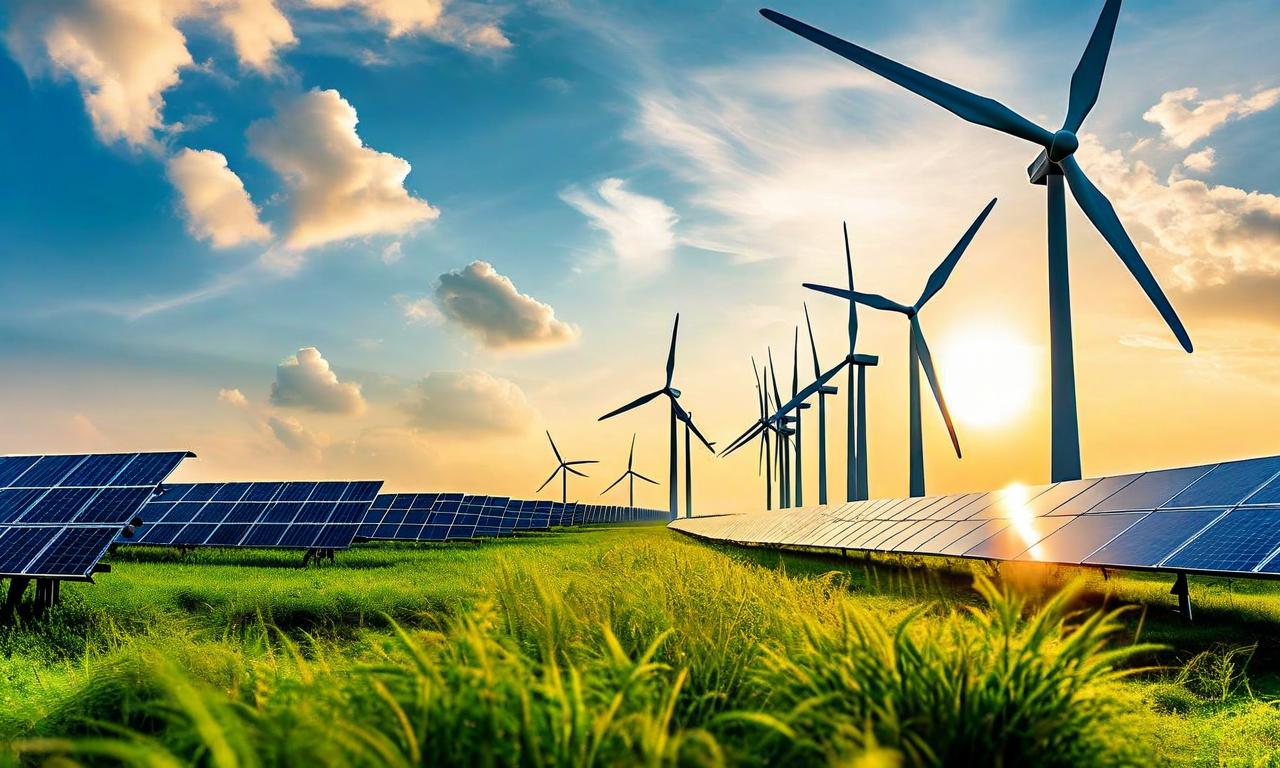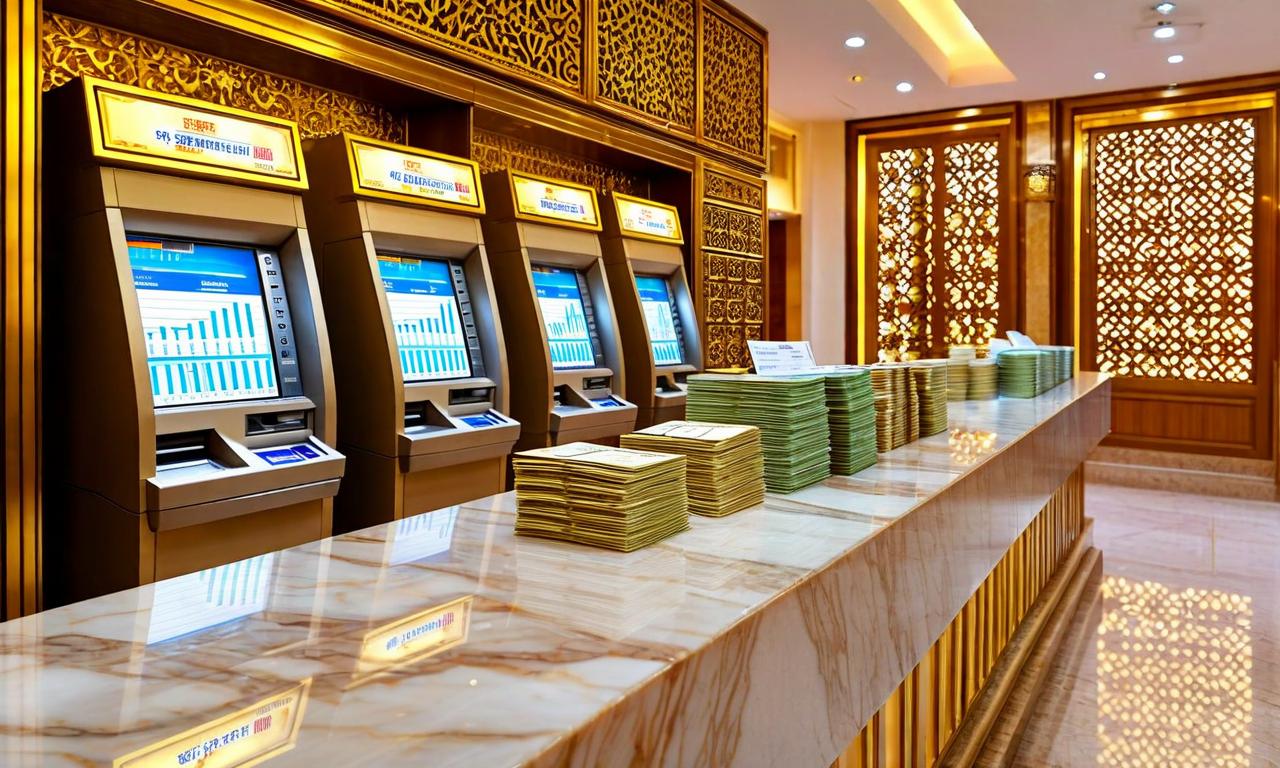India Launches Anti-Dumping Probe on Steel Imports from China, Indonesia, and Vietnam
India has initiated an anti-dumping investigation into cold rolled flat steel products imported from China, Indonesia, and Vietnam. The probe, launched by the Directorate General of Trade Remedies (DGTR), responds to complaints from domestic steel producers alleging material injury due to dumped imports. The investigation will examine the existence and degree of dumping practices and their impact on the local industry. If dumping is confirmed, anti-dumping duties may be recommended, with the final decision resting with the finance ministry. This investigation is part of India's broader efforts to protect domestic industries from unfair trade practices.
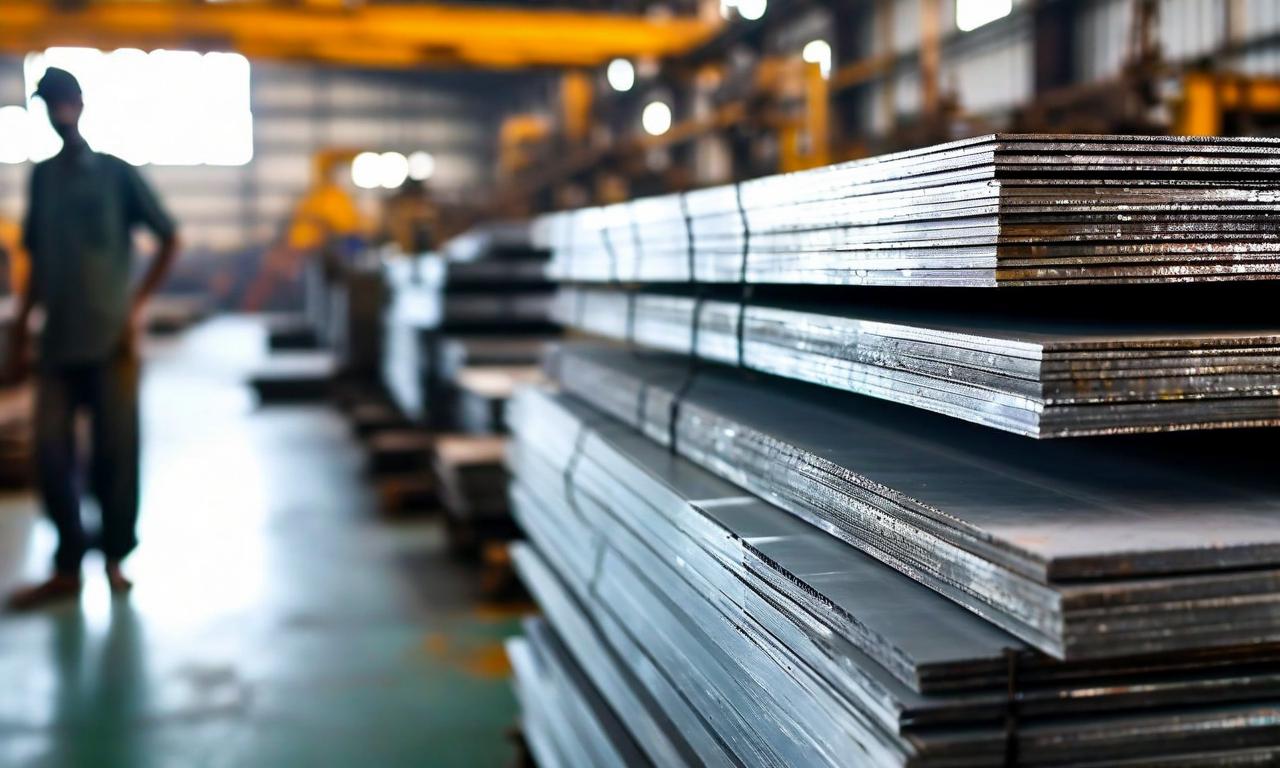
*this image is generated using AI for illustrative purposes only.
India has initiated an anti-dumping investigation into imports of cold rolled flat steel products from China, Indonesia, and Vietnam, signaling a significant move to protect its domestic steel industry. The probe, launched by the Directorate General of Trade Remedies (DGTR), comes in response to a complaint filed by the Indian Stainless Steel Development Association (ISSDA) on behalf of domestic steel producers.
Allegations of Dumping
The domestic steel industry has alleged that dumped imports have caused material injury to their operations. They claim that steel products from these countries are being sold at prices below their normal value in the Indian market, a practice known as dumping. As a result, the industry has requested the imposition of anti-dumping duties to level the playing field.
Scope of the Investigation
The DGTR will conduct a thorough examination to determine:
- The existence of dumping practices
- The degree of alleged dumping
- The impact on the domestic steel industry
This investigation is part of India's broader efforts to safeguard its industries from unfair trade practices that could potentially harm local manufacturers and the economy.
Potential Outcomes
If the DGTR's investigation confirms that dumping has indeed occurred and has caused harm to domestic producers, it will recommend the imposition of anti-dumping duties. The final decision on implementing these duties will rest with the finance ministry.
Broader Context
This probe into steel imports is not an isolated case. India has been actively investigating potential dumping practices across various sectors. Similar investigations are currently ongoing for other products, including:
- Wallpapers
- Glassware
- Nylon from China
- Rubber gloves from Malaysia and Thailand
Implications for the Steel Industry
The outcome of this investigation could have significant implications for India's steel sector. If anti-dumping duties are imposed, it could:
- Provide relief to domestic steel producers
- Potentially increase the cost of steel for downstream industries
- Affect trade relations with China, Indonesia, and Vietnam
As the investigation unfolds, stakeholders in the steel industry, as well as industries that rely heavily on steel inputs, will be closely monitoring developments. The probe underscores India's commitment to protecting its domestic industries while navigating the complexities of international trade relations.
